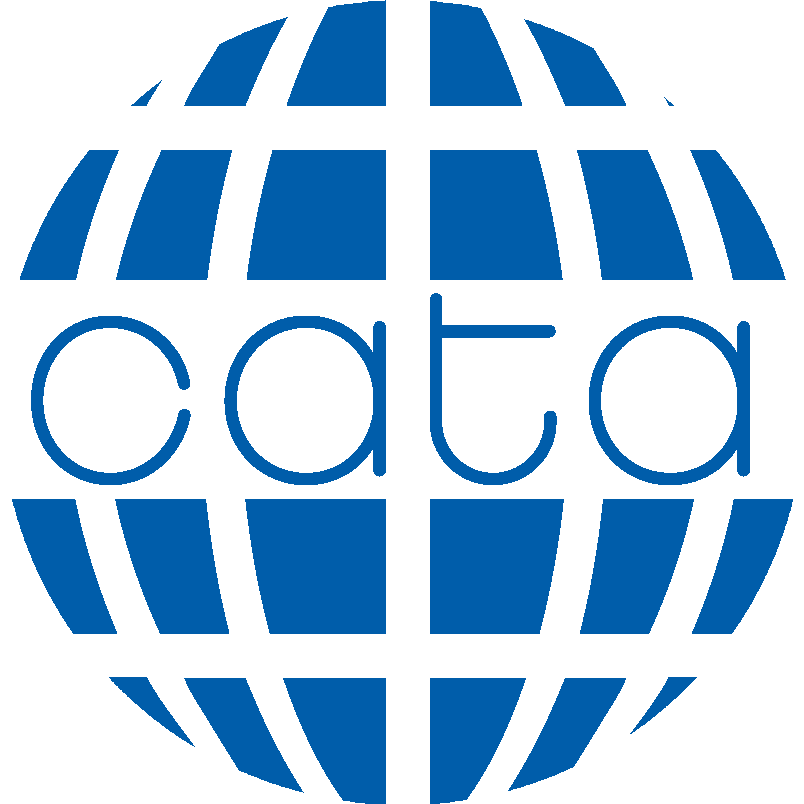Maldives - Introduction of a Comprehensive Income Tax Regime in Maldives
Country Correspondent: Ms Asma Shafeeu
The Income Tax Act (Law Number 25/2019) was published in the Government Gazette on 17 December 2019. Taxation under the Act commenced on 1 January 2020.
With the introduction of the Income Tax Act, the Business Profit Tax regime which was set in place under The Business Profit Tax Act (Law Number 5/2011) and The Bank Profit Tax Act (Law Number 9/85) has been repealed. Prior to the introduction of the Income Tax Act, taxes were charged on the taxable profits of all businesses carried out in the Maldives as per the provisions of The Business Profit Tax Act.
The new income tax regime aims to extend taxation of income to cover remuneration from employment as well as enhance the scope of the non-resident withholding tax regime. While most of the provisions under the new regime are effective from 1 January 2020, tax on remuneration commenced on 1 April 2020. Maldivian tax residents are taxed on their worldwide income while non-residents and temporary residents are taxed on the income derived from the Maldives.
Income Tax Rates
The taxable income of a bank is charged with income tax at the rate of 25%.
The income tax rates applicable to the taxable income of individuals are shown in Table 1.
Table 1: Individual Tax Rates
The taxable income of any person other than individuals and banks are charged with income tax at the rates shown in Table 2.
Table 2: Tax rates for persons other than individuals and banks
Two categories of withholding taxes are collected under the Income Tax Act namely, “Employee Withholding Tax” and “Non-Resident Withholding Tax”. Both categories of withholding taxes are collected through the payer. Employers are responsible for withholding taxes from employees that are liable for income tax as per the tax brackets depicted in Table 3. Non-resident withholding taxes are charged on the same rate as the business profit regime, although additional categories of payments are subject to tax. This includes dividends and interest. Furthermore, payments by Maldivian residents for re-insurance premiums to non-residents are also taxed at the rate of 3 percent.
Table 3: Employee Withholding Tax
Table 4: Non-Resident Withholding Tax
Income Tax Payments
All persons liable to pay income taxes under the Income Tax Act are required to file the interim and final returns and make payments to MIRA every tax year.
Taxpayers must file and submit two interim payments. The first interim payment of the tax year must be filed and paid by 31 July of that tax year while the second interim payment is required to be filed and paid by 31 January of the following tax year.
The final returns and payments must be filed by 30 June of the following tax year.
Withholding taxes, employee and non-resident withholding taxes, are required to be filed and paid to MIRA every month. Persons liable to deduct withholding tax in accordance with Section 54 and 55 of the Income Tax Act must submit and pay withholding tax to MIRA by the 15th day of the month following the month in which withholding tax was charged.
Income Tax Act in Action
The first quarter of 2020 was focused on the implementation of the Income Tax Act. After amendments were brought to the Income Tax Regulation, initially published in December 2019, a more comprehensive regulation was compiled and published in March 2020. Furthermore, registrations were carried out while those persons already registered with MIRA under the business profit regime were migrated to the new system.
In order to effectively carry out the implementation of the Income Tax Act, changes and configurations were brought to the system whereby registrations, submission of returns and payments were made accessible via online portals.
MIRA held various awareness sessions over the course of the first quarter of 2020. Numerous campaigns and activities were held for individuals, companies, government offices, financial institutions and schools in an effort to better explain the workings of the newly introduced Act.
Income tax contributed 14% to the total revenue collected in 2020. A total collection of MVR 1.43 billion was made as Income Tax from which the top contributor was Bank Income Tax at 67% (Figure 1).
Figure 1: Total Income Tax Collection (2020)
Special Regulation on Income Tax Act 2020
To facilitate taxpayers who were struggling due the COVID-19 pandemic, a special regulation on income tax was published which outlined special procedures with regard to the imposition of certain provisions in the Income Tax Regulation (Regulation number 2020/R-21).
The special regulation allowed some leniency to those registered under the Income Tax Act affected by the adversities arising due to the COVID-19 pandemic. The leniencies include the deferral of application of certain provisions in the Income Tax Regulation and changes to how employee withholding tax is to be deducted.





